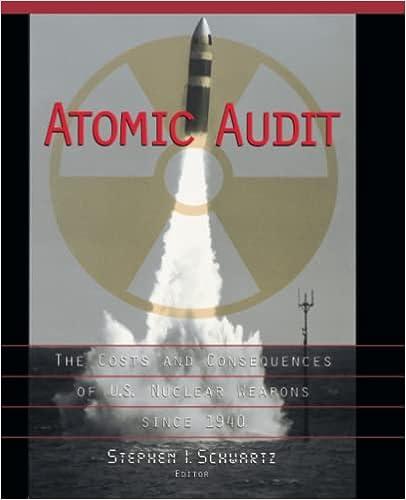Answered step by step
Verified Expert Solution
Question
1 Approved Answer
A paid tax preparer is required to have a PTIN number, give the client a copy of the return, and keep a copy for your
- A paid tax preparer is required to have a PTIN number, give the client a copy of the return, and keep a copy for your records for five years.
True
False
- In cases where the understatement of tax is due to unrealistic positions: A tax preparer that prepares income taxes for a fee shall receive a penalty the greater of $5,000 or 50% of the income derived by the tax return preparer with respect to the return or claim.
True
False
- The tax preparer must bring suit in district court to determine his/her liability for penalty pertaining to the extension period of collection where preparer pays 15% penalty
True
False
- For the taxpayer to claim an earned income credit no additional forms are required
True
False
The IRS cannot use tax returns prepared for different taxpayers as a reason to audit samplings of other tax returns prepared by the same tax preparer.
True
False
- If your client provides fraudulent information on their return, she or he may have to pay civil fraud penalties.
True
False
- Your client will have to pay failure to pay penalties of or 1% of unpaid tax for each month, or part of a month, after the due date that the tax is not paid. This always includes the months during the automatic six month extension.
True
False
- If both failure to file penalty and the failure to pay penalty apply in any month, add the two penalties together but only up to 100% of the unpaid tax.
True
False
- The following are reasons your client may be subject to criminal prosecution: tax avoidance, willful failure to file a tax return, fraud and false statements.
True
False
- A tax preparer can be fined $50 for each return which he or she failed to sign. The maximum penalty will not exceed $25,000 in a calendar year.
True
- A CPA and Enrolled Agent not currently under suspension or disbarment may practice before the Internal Revenue Service.
True
False
- An Enrolled Agent can renew his or her certification by completing a minimum of 72 hours of continuing education during a three year enrollment cycle. A minimum of 2 hours of ethics or profession conduct must be included every year which is included in these 72 hours.
True
False
- To qualify for continuing education credit for an enrolled agent, a course must be a qualifying program designed to enhance professional knowledge in California taxation or ethics.
True
False
- Individual segments at continuous conferences and conventions are counted toward CE hours. Two 100 minute segments (200 minutes at a continuous conference counts as five contact hours.
True
False
- A practitioner must exercise due diligence. It is solely up to the taxpayer to make sure that tax documents are correct.
True
False
- The existence of a dispute over fees generally does not relieve the practitioner of the responsibility of returning client records.
True
False
- Enrolled Agents may not use the term certified in an advertisement for services
True
False
- Publication 17 discusses standards for advising clients with respect to tax return positions and for the preparing or signing returns.
True
False
- Any monetary penalty imposed on a practitioner may be in addition to other civil and criminal penalties
True
False
- Conviction of any criminal offense under the revenue laws of the United States can lead to the practitioner being censured, suspended, or disbarred from practice.
True
False
Step by Step Solution
There are 3 Steps involved in it
Step: 1

Get Instant Access to Expert-Tailored Solutions
See step-by-step solutions with expert insights and AI powered tools for academic success
Step: 2

Step: 3

Ace Your Homework with AI
Get the answers you need in no time with our AI-driven, step-by-step assistance
Get Started


